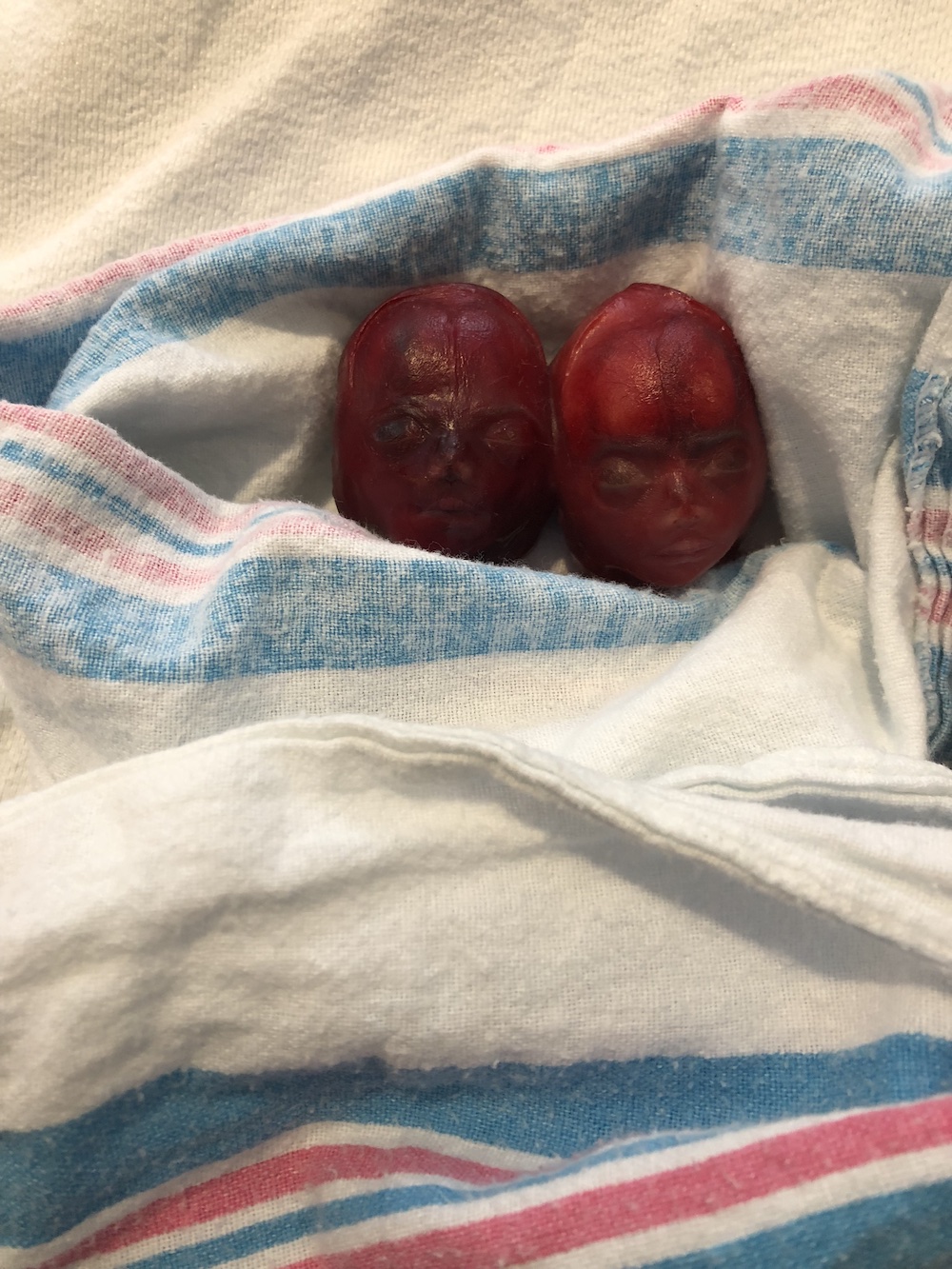“Pop! This is it.
They won’t live through this.
This shouldn’t be happening!”
“Hello, operator,
I believe my water just broke.
I need to go to a hospital.”
Tic, tic, tic.
Set, set, set.
Check, check, check.
“18 weeks pregnant.
This shouldn’t be happening.
They won’t live through this!”
Anger. Sadness.
Anger. Sadness.
“If only they had listened to me!”
“We know what’s best for you …”
“This heaviness I feel
— something is wrong.”
Tic, tic, tic.
Set, set, set.
Check, check, check.
“Ma’am.
Everything looks fine.
This is normal for a twin pregnancy.”
“This heaviness I feel
— something is wrong.”
One in 10 …
One in 10 will experience
a miscarriage over a lifetime.
“This shouldn’t be happening!
They won’t live through this.”
Tic, tic, tic.
Set, set, set.
Check, check, check.
The risk of losing my babies is 43% higher than white women.
“This shouldn’t be happening!”
This poem represents the thoughts, emotions and setting when I had a miscarriage in 2018. This means a lot to me as it was a significant moment with the health care system that changed my life forever. I experienced a miscarriage after expressing to a doctor a few days prior that I felt something was wrong. However, my concerns were dismissed by the health care team. When I am confronted with statistics about health disparities, I cannot help but to think back to this experience with the understanding that people can be significantly hurt by health care mismanagement. In the poem, “tic, tic, tic; set, set, set; check, check, check” serves to juxtapose the time passing while health care personnel worked to get me stabilized and monitored with my internal turmoil and fear of having a miscarriage. As a current medical student, I think it is important to recognize that patients will be experiencing their own thoughts and emotions while we (health care workers) are taking care of them and to acknowledge the patients’ experiences. My miscarriage changed my life forever, and it is a grief I would not wish on anyone. This poem has provided me with much-needed therapeutic release. Also, this poem sheds light on the unique experiences that minority groups can have during medical school while they grapple with their lived experiences in the health care field and their desire to work in the field.
The curriculum at my medical school focuses a lot on health disparities which can sometimes seem ambiguous for those who are not a part of an affected group. However, my identity and experiences as a Black woman are underscored by the statistics discussed in the classroom. For example, data that suggests that Black women are at a 43% higher risk of miscarriage than White women quickly becomes “I am at a 43% higher risk of miscarriage than my White colleagues.” Moreover, these statistics become more difficult to swallow when data shows that college-educated Black women experience infant mortality at higher rates than infants of White women with a high school degree or lesser. For some, this data may seem like a sad reality and a problem too large to fix; however, I do not have the fortune of overlooking this. This statistic, like many others, reminds me of the risk that my children face and that my years of education will not save me or my loved ones. Grappling with health inequity on a daily basis as a future provider and the compounded reality that I was personally impacted by, the cruel reality of health inequity, makes the problem more outstanding. After experiencing the consequences of our flawed health care system, I believe this has instilled in me more empathy towards patients to whom others may simply offer sympathy. I hope I can use my experience and the data to empower myself and others to stand up against the status quo and take an active role while advocating for our patients as health care providers.
Image credit: Custom image provided by the author for this Mosaic in Medicine piece.


